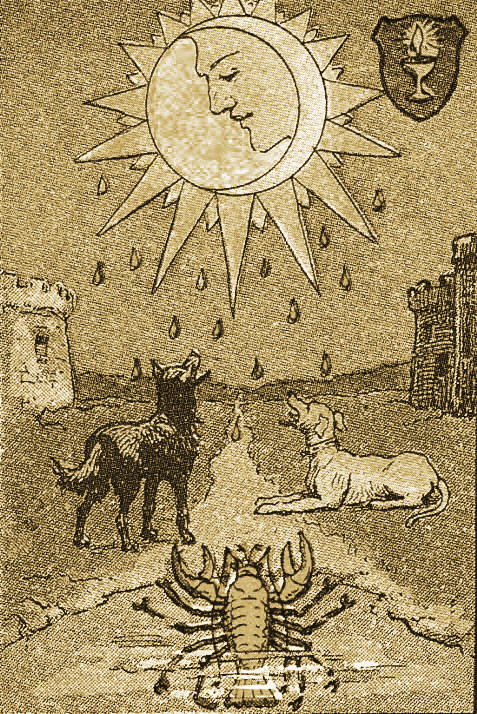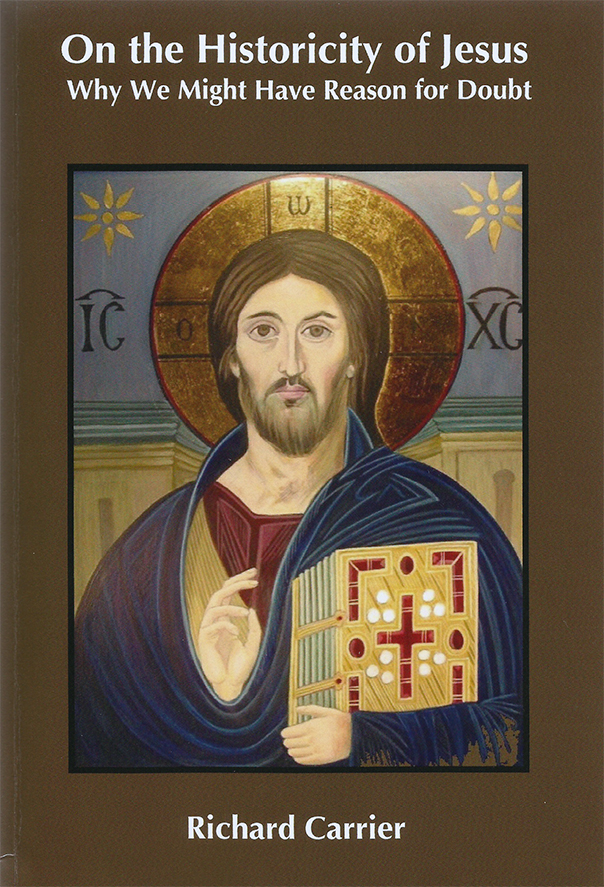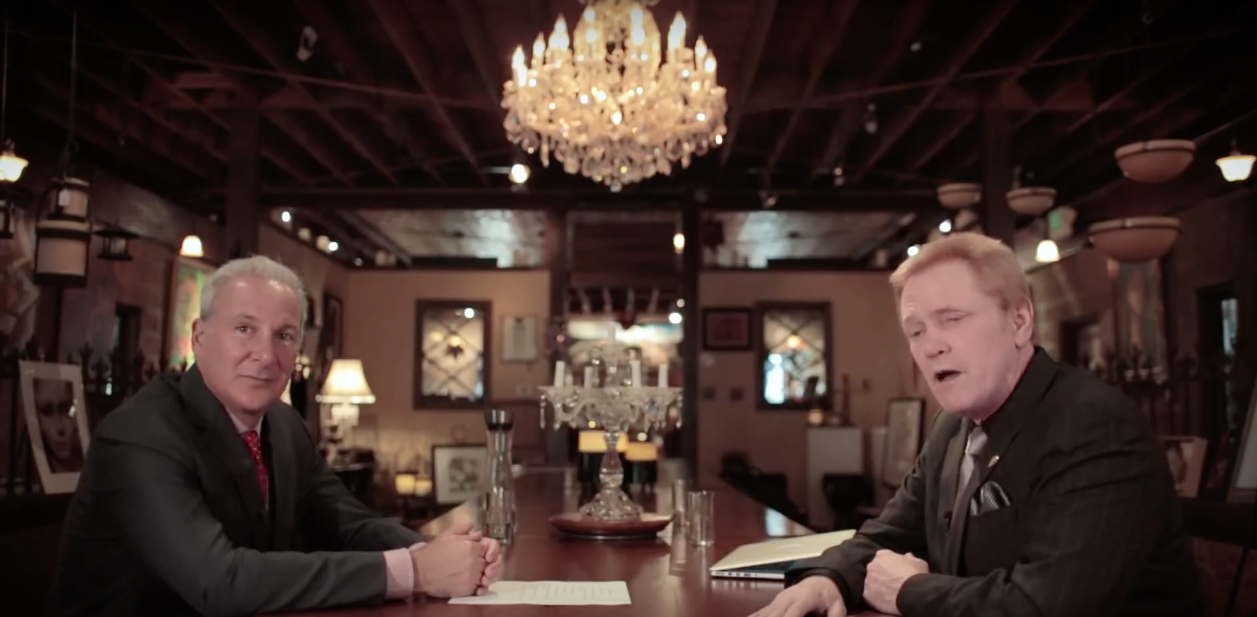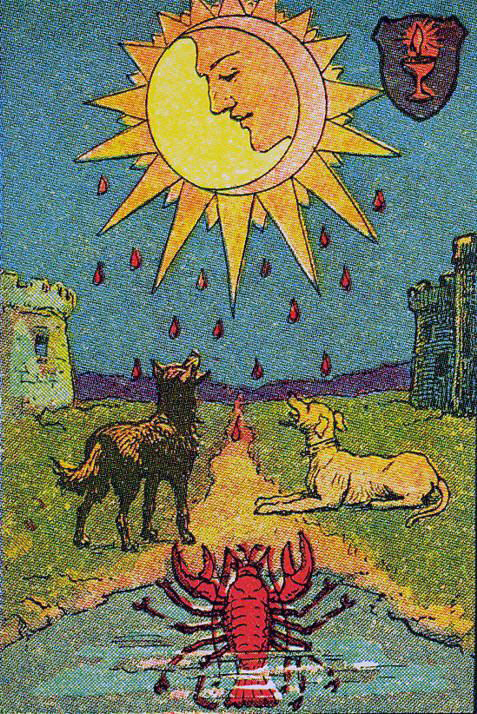Five years ago I said on this site: I am writing this entry from a borrowed computer. It now looks like I’ll need some time to stabilize my financial situation, probably overseas, to the point of resuming my blogging. Meanwhile I’d like to add something to what I had said in previous entries, that in order to understand our woes you must purchase and read a copy of Tom Goodrich’s Hellstorm: The Death of Nazi Germany (1944-1947).Readers of this book have complained a lot that a detailed account of the Allies’ atrocities committed during and after the Second World War—a true Holocaust of German victims—is too ghastly and painful to contemplate. The author himself told me that he died ‘a thousand deaths’ while writing Hellstorm.In his Archipelago Solzhenitsyn said that in prison you have to ‘eat a mountain’ of pain to be able to metamorphose your soul instead of becoming mad, as other zeks became mad in the Gulag. He meant to go across the Dark Night of the Soul all the way through the other side. Some passages of his book convey beautifully what I want to say here.
Recently Andrew Anglin, in his first article on his critical series of the white nationalist movement, mentioned George Lincoln Rockwell, William Pierce and David Lane as the background of today’s movement. Anglin made it clear that the new generation of nationalists did not rely on these names, as the chain had been broken. Anglin says that the new generation of American nationalists emerged from internet chats.
It is curious, but it is just this new generation of nationalists, to which Anglin himself belongs, the ones who are unable to delve into the subject of white decline—precisely because the chain of what was left of the spirit of National Socialism after WWII was broken. I mean the spirit not only of Rockwell but Pierce’s clever books, or the very learned texts by Revilo Oliver.
The figure of Oliver has always reminded me of the American aristocrats that I saw in the black-and-white films when I was a child (aristocrats not in the sense of riches, but of the educated bourgeoisie of a nation). If there is something antithetical to the aristocrat Oliver, it is precisely the vulgar kids who contribute and comment not only to Anglin’s blog but to other similar sites.
The neo-Nazis of today boast of naming the Jew constantly, but are incapable of telling the plot of a single opera by Richard Wagner, something inconceivable in real Nazis when my parents were children, or among learned Americans in Oliver’s generation. In the movement of white nationalism, people like Tom Sunic are the exception when it comes to what in Europe is considered an intellectual: a man with vast knowledge of History and Literature.
I cannot take the authors of the Occidental Observer seriously in this regard as they aren’t as radical as the real Nazis; or like Rockwell, Pierce and Oliver. For example, unlike the Observer, Pierce and Oliver knew perfectly well how toxic Christianity has been for Aryan and Western preservation. I cannot take Counter-Currents seriously either. Its anti-Nordicist editor would be considered a charlatan from the National Socialist viewpoint. For example, CC’s editor has said, ‘There is no evidence that Rome fell due to race-mixing’. Compare it with what a Swedish scholar who died in the times when I used to watch the above-mentioned films wrote about racial mixing and Roman decline.
But I am not talking to older folks such as those who contribute to the Observer or Counter-Currents. Young people in the United States should be modelled after the aristocrat Revilo Oliver instead of pubertal sites where one competes for who produces more LOLs. Just eat the mountain of pain that Solzhenitsyn talked about. Reading Solzhenitsyn and Goodrich is the only way to get out of the frivolity of those sites and develop the proper gravitas.
Last week I told a female friend that my gravitas is so severe that even when, unexpectedly, my sister—the only family member I loved—died in January 2016, I hugged nobody or shed a single tear in public. (They did embrace themselves sobbing, as everyone does at funerals.)










